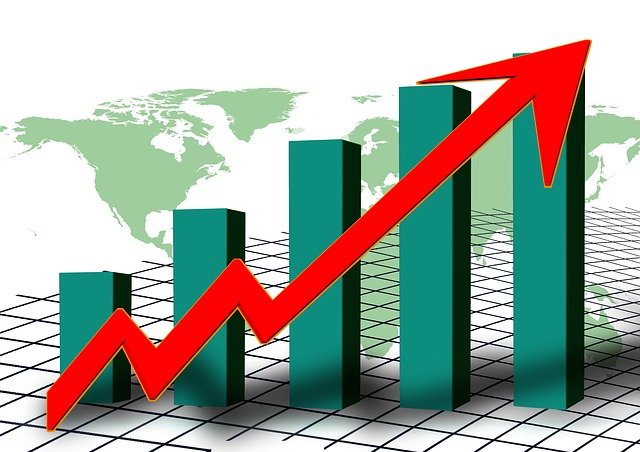Webtrading Exchange
Commodity trading involves the buying and selling of physical goods, often standardized products such as gold, oil, or agricultural products, on organized exchanges or over-the-counter (OTC) markets.
Commodities are generally classified into two main categories:
Hard Commodities - Metals: Gold, silver, copper, platinum, etc.
Energy: Crude oil, natural gas, heating oil, etc.
Soft Commodities - Agricultural Products: Wheat, corn, soybeans, coffee, sugar, cotton, etc.
Livestock Cattle, hogs, etc.
Commodity Trading Serves Several Purposes
Risk Management: Businesses that rely on commodities for production, such as manufacturers or energy companies, use commodity futures contracts to hedge against price fluctuations. This helps them lock in prices and reduce the risk of financial loss.
Speculation: Traders, including individual investors, hedge funds, and institutional investors, engage in commodity trading to speculate on price movements. They aim to profit from price changes by buying low and selling high.
Investment Diversification: Investors often include commodities in their portfolios to diversify risk. Commodities don't always move in the same direction as traditional financial assets like stocks and bonds, providing a potential hedge against economic downturns.
Supply Chain Management: Companies involved in the production and distribution of goods may use commodity trading to manage the cost of raw materials and ensure a stable supply chain.
Commodity Trading Occurs on Different Platforms
Commodity Exchanges: These are centralized marketplaces where standardized contracts for commodities are bought and sold. Examples include the Chicago Mercantile Exchange (CME), the London Metal Exchange (LME), and the Intercontinental Exchange (ICE).
Over-the-Counter (OTC) Markets: Some commodities are traded directly between buyers and sellers without going through a centralized exchange. OTC markets are decentralized and offer more flexibility in contract terms.
It is extremely important and this cannot be stressed enough -- always take the time to use a paper trading demo account before investing real money. This will allow you to carefully learn what you are doing and also learn from any mistakes that you make before you actually invest any real money. You do not want to find yourself in a position where you lose all of your money in the very first transaction. This is a nightmare and not a successful situation at all. Rather than letting that occur, a demo account can solve your problems.
You should also look for a trading system that you are comfortable with. This is something that your broker can help you with and will allow you to ensure that you are satisfied with the way that transactions are working out. If you happen to find that things are not working well with the system you have chosen, you can always change it. Keeping a system that is not working for you is never advisable and must always be ignored. It is however very important to realize that you really need to ensure you make the right decisions as it relates to your goals.
As you can image, you are not going to make a significant profit with each transaction. A few deals are likely to come along that offer significantly higher profits but the typical rule of thumb is to expect a steady stream of lower profits that build steadily over time. Expecting huge profits in each transactions will leave you upset when you are only making small profits. However taking these small profits as a victory is important since it will allow you to build the skills and confidence that is necessary to earn much more in the future.
A good plan to get started with can allow you to earn far more money than you ever realized. Always looking towards your final and long-term goals will help you to really achieve the best profits regardless of your skill level.
It's important to remember that commodity trading involves risks, and prices can be influenced by factors such as geopolitical events, weather conditions, economic indicators, and supply-demand dynamics. Traders and investors need to conduct thorough research and analysis before participating in commodity markets. Additionally, commodity trading is subject to regulatory oversight to ensure fair and transparent practices.
People are searching for subjects such as: commodity trading, webtrading exchange, electronic trading, online stock trading, webtrading platform, Online Trading Platform, Cryptocurrency Exchange, Forex trading platform, trading software, Online Investment Platform, Options Trading Platform






